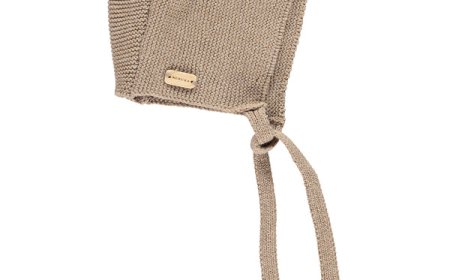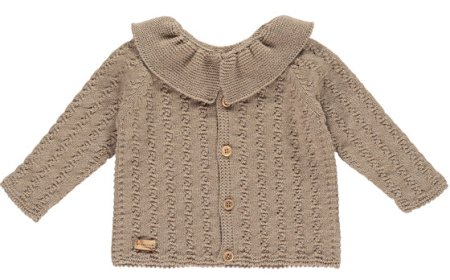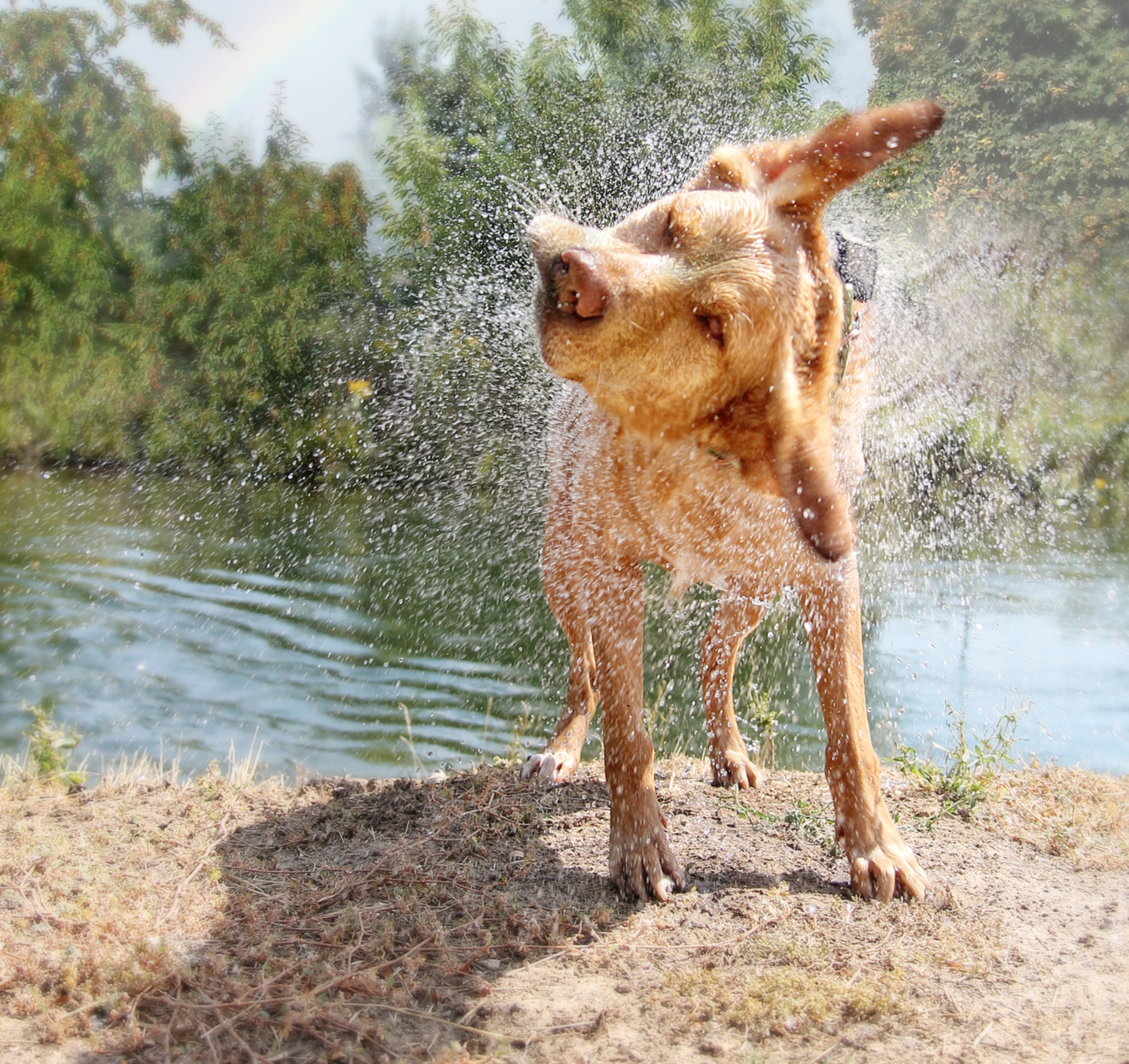Colloidal silver for dogs and cats
Have you asked a question on a social media group such as “My dog has a rash, what should I do?”, only to be bombarded with solutions like colloidal silver?
I see this trend far too often, with recommendations from colloidal silver to rare mushrooms found only in Narnia.
It’s frustrating, because few of these recommendations consider the root cause.
Colloidal silver may be an excellent choice for fixing some of these conditions, but only if you address the root cause as well – we’ll discuss both of these important factors in this article:
- What is colloidal silver?
- Why would you use colloidal silver on your dog or cat?
- Why colloidal silver should not be the only solution
- Root cause addressed, will colloidal silver really work?
- Are there risks to using colloidal silver?
- Alternatives to colloidal silver
- Should you use colloidal silver to treat your cat or dog?
What is colloidal silver?
In short, colloidal silver is a suspension of tiny silver particles in liquid.
If that doesn’t sound like a miracle cure, I don’t know what does?
Colloidal silver may sound like a new-fangled solution, but it’s actually been used for centuries as a natural antimicrobial – even before modern antibiotics became widespread.
The reason colloidal silver is thought to work is the microscopic silver particles can attack bacteria, fungi, or even viruses without harming healthy cells. For some, colloidal silver was thought to be an effective remedy for COVID-19, bringing it into the spotlight as a potential cure-all.
Colloidal silver is made from fine silver particles (around 10%) suspended in purified water, commonly sold in concentrations such as 10ppm.
Why would you use colloidal silver on your dog or cat?
Many pet owners turn to colloidal silver as a natural alternative to antibiotics and antiseptics.
Colloidal silver is often used on dogs and cats for the following reasons:
- Skin infections, burns, and wounds – Applied topically to help fight bacteria, disinfect, and promote healing.
- Ear infections – Used as drops to soothe, reduce inflammation, and heal infections.
- Eye infections and conjunctivitis – Helps clear up bacterial or viral eye infections.
- Fungal infections – Believed to combat yeast infections and ringworm.
- Oral health – Used to treat gum disease, infected teeth, and bleeding gums.
- Internal use for immune support – Some claim it helps fight illness, though evidence is limited.
- Hotspots, skin rashes, and insect bites – Can be sprayed or applied to the affected area.
- Tummy upsets, coughs, or tonsillitis – Occasionally used in drinking water to help with infections.
Why colloidal silver should not be the only solution
If you have a thorn in your finger, would you put on a plaster without removing the thorn?
No, of course not.
Yet most pet owners spend a fortune on expensive supplements like pro and prebiotics, vitamins, minerals, oils, herbal remedies, or solutions such as colloidal silver without addressing that thorn.
Quite often that thorn is diet.
Don’t believe me?
Hotspots, skin rashes, tummy upsets, ear problems, eye problems, poor immune system, and poor dental health are all commonly diet related.
When it comes to skin conditions and poor immunity, other factors like environment and stress should be considered as well.
If your dog or cat has any of the above symptoms, I urge you to read the ingredients of your pet food and question how species appropriate they are for your pet (your cat is a carnivore, and your dog isn’t much different).
Be wary of inflammatory grains, excessive carbohydrates from grains or plants, ambiguously named ingredients, colours, preservatives, or other additives. If in doubt, read a review (search box above!)
Root cause addressed, will colloidal silver really work?
I have to say the evidence is thin on the ground, but that’s science and research for you. Most research in the pet space is funded by the pet food industry itself, to sell products, and often overlooking better or heathier alternatives.
Some suggest colloidal silver will help your pet recover faster due to having broad-spectrum antimicrobial properties, but you can imagine whether it does so is hard to prove – it’s multifactorial.
Colloidal silver will not sting when applied to wounds, and should not react chemically within the body, meaning it is unlikely to trigger allergic reactions. It should not interfere with other medications either.
But will it truly work?
I realise this is neither here nor there, but I expect only a snake oil salesman will offer you assurances. Or someone trying to sell it to you.
Are there risks to using colloidal silver?
Despite a growing popularity, there’s limited scientific research supporting colloidal silver’s effectiveness on our pets.
However, overuse may lead to argyria, a condition where silver builds up in the body. This can cause the skin to turn permanently blue-grey, and long-term use may also disrupt the gut and cause digestive issues (ironically one of the conditions colloidal silver is used for).
Alternatives to colloidal silver
If you’ve fixed diet as what is likely the root cause of many of the issues colloidal silver is used for, then feel free to give it a go (with limited use) or consider other alternatives:
- Raw honey – Contains antibacterial properties and is great for wound healing.
- Apple cider vinegar – Used in diluted form for skin and ear infections.
- Coconut oil – Has antifungal and antibacterial properties, useful for skin conditions.
- Probiotics (natural or supplement) – Support immune function and gut health.
- Herbal remedies – Echinacea and oregano oil are sometimes used for immune support.
Should you use colloidal silver to treat your cat or dog?
Colloidal silver may well be an effective solution for treating minor wounds, infections, or skin conditions, but with an emphasis on the word “may”.
While colloidal silver has antimicrobial properties, scientific evidence remains limited, and excessive use may lead to health issues.
For any serious conditions, I must advise speaking with your veterinarian and potentially opting for medication they recommend.
If colloidal silver has worked for your pet, please let me know in the comments with as much information as possible.
Regardless of scientific evidence being limited, colloidal silver could well be a more effective solution than others – I’ll leave that for you to decide.
What's Your Reaction?
 Like
0
Like
0
 Dislike
0
Dislike
0
 Love
0
Love
0
 Funny
0
Funny
0
 Angry
0
Angry
0
 Sad
0
Sad
0
 Wow
0
Wow
0



































